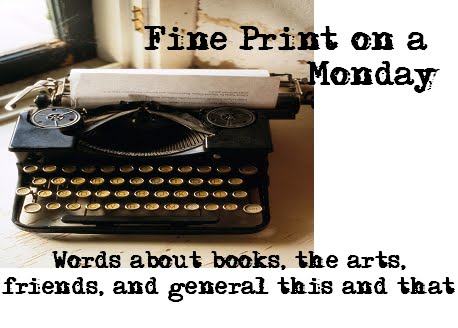...and here we go....
Grave Talk by Nick Spalding - I'm lost. I am in a hole deeper than the one they threw my poor, dead, sensible husband into and I have no idea how I am going to climb my way out...everything is darkness...
...it's at this point that I look up and see Kermit the Frog. (adult fiction)
The Happiest Man on Earth: the Beautiful Life of an Auschwitz Survivor - by Eddie Jaku - My Dear New Friend, I have lived for a century and I know what it is to stare evil in the face. I have seen the very worst in mankind...But now I consider myself the happiest man on Earth. (adult/ya non-fiction)
Tom Lake by Anne Patchett - That Vernonica and I were given keys and told to come early on a frozen Saturday in April to open the school for "Our Town" auditions was proof of our dull reliability. (now in paper. adult fiction)
the Peculiar Garden of Marriet Hunt by Chelsea Iverson - Mr. Christian Comstock, the son of Mr. George Comstock, has been missing for over two months. (adult fiction)
When Women Were Dragons by Kelly Barnhill - Greetings, Mother - I do not have much time. The change (this wonderous, wonderous change) is at this very moment upon me. I could not stop it if I tried. And I have no interest in trying. (adult/ya fantasy fiction) Fantasy has never been a go-to genre for me, but when a customer came in waving this book at me promising I would never forget it...well, she was right. My copy is packed with post it notes. This is a powerful story of female angst, with a solid helping of political inuendo.
Skunk and Badger by Amy Timberlake - The first time Skunk met Badger he thought "puny" and shut the front door. (tweens, and adults with funny bones) When I am in a reading slump, I pick up a tween book. Most are well written, have little lessons, and some are just bigtime funny. Skunk and Badger are like the odd couple of the animal world. Laughs on every page.
Give these a try. My goal is to get back to blogging on a more regular basis...but procrastination is one of my favorite hobbies...nap time..
Thanks for stopping by.










